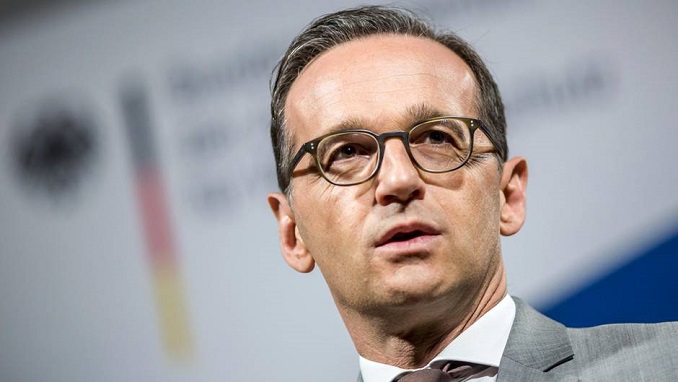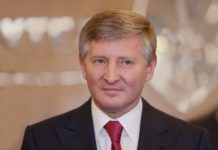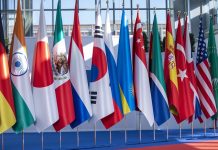Germany remains interested in maintaining good or “at least reasonable” relations with Russia, despite the incident with opposition figure Alexey Navalny, Foreign Minister Heiko Maas told RIA Novosti in an interview.
Germany, where Navalny was transported to after falling ill aboard a Russian domestic flight, claims to have evidence of his poisoning with a nerve agent from the Novichok group, Sputnik reports.
“What happened to Alexey Navalny does not change the geography and therefore does not change our principled interest in good or at least reasonable relations with Russia. We are a country that lives by trade and scientific exchange. For this reason alone, we want to maintain good relations with all our neighbors based on clear rules and mutual respect,” Maas said, commenting on an opinion that the incident could freeze relations between Berlin and Moscow.
The minister stressed that Berlin had made a great deal of efforts over recent years to foster dialogue with Russia.
“It is hard to name a colleague with whom I would meet more often than with [Russian Foreign Minister] Sergey Lavrov. The societies of our countries maintain close ties, there is a lively exchange at the level of civil society, between students, scientists, artists, and the economy,” the minister added.
Bilateral relations nevertheless “suffer” from a number of incidents, Maas noted, mentioning the 2015 hacking attack on the Bundestag and the 2019 murder of Georgian citizen Zelimkhan Khangoshvili in Berlin. In both incidents, Germany claims Russian involvement, which Moscow vehemently denies.
Along with France, Germany is now pushing for sanctions against those responsible for the incident.
At Moscow’s request, the Organisation for the Prohibition of Chemical Weapons (OPCW) sent a technical mission to assist the Russian investigation and confirmed Navalny’s samples contained traces of a toxic substance, albeit not one registered by the organisation as prohibited.
Moscow demands that Berlin provide evidence, saying that Russian doctors found no toxic substances in the 44-year-old’s system. It has also pointed to the inconsistencies in Berlin’s statements and the extreme politicisation of the OPCW.












